Business owners and entrepreneurs who plan to hire a virtual assistant often worry about their data security and privacy and this is a reasonable concern. It isn’t easy to entrust your business data to another person, especially if you are hiring remotely.
However security with a virtual assistant does not require big fears and doubts. If you set up the correct protocols and systems, you can focus on building your business and continued success.

To stay safe with your Virtual Assistant, consider to:
1. Set the data security policies
Consider developing a data security policy. Many companies looking to scale are hiring virtual assistants where there may be no specific security policy. Of course, you can suggest that confidential information and any data you have or receive will be classified. However, to ensure the safety and preservation of data, establishing clear guidelines and expectations is best for you and your entire team to avoid confusion or unintentional mistakes. Include data security and privacy policies relevant to your business and, if necessary, restrict access to certain information or systems that only you or certain trusted people on your team should have access to. You can also look at your existing systems and decide how to distribute permissions to specific users.
2.Adopt a Password Manager
A second great way to keep your business safe and allow your virtual assistant to access your systems without ever giving them up-to-date information is to install a password manager. Most of these programs will allow you to collect your login information in one place and automatically register someone on your systems, which will give you the freedom to share access only to the password management system and nothing else. Password managers can also help you create protection by generating strong passwords and giving you access if you forget them. If necessary, you can just as easily restrict access to the password manager itself.
3.Establish Nondisclosure Agreements and Non-Compete Clauses
A nondisclosure agreement is a legal agreement entered into by two parties to exchange materials, knowledge or other information while restricting access to it to third parties. If your virtual assistant or any other employee discloses your business’s confidential information, you have every right to file a complaint with the court. A non-competition clause is an agreement whereby your virtual assistant or any employee agrees that they cannot enter any business like yours for a specified period. This protects you and your data from leakage and potential competition from a former employee, using whatever they could get, know, or achieve while working with you.
4.Find reliable suppliers
Hiring a virtual assistant on your own may seem like a simple, economical and even less complicated process, but there are quite a few risks associated with it. Your best bet is to find an outsourcing vendor who can provide many, if not all, security protocols. Research a supplier, read reviews, consult with trusted people in your industry, get their recommendations, narrow down to a few good options, and then do additional analysis until you choose yourself. Not only will you be able to delegate most of the work of finding and using a virtual assistant, but you will also receive a lot of support and peace of mind throughout your entire business relationship with your virtual assistant.
Nevertheless, it’s worth remembering that being a smart business owner means never leaving anything to chance, and that’s the reason why you want to protect your business at all costs. Stay safe with the BrainTavern virtual assistant. We ensure that you and all internal processes are always protected within place systems, rigorous verification processes and support teams.

